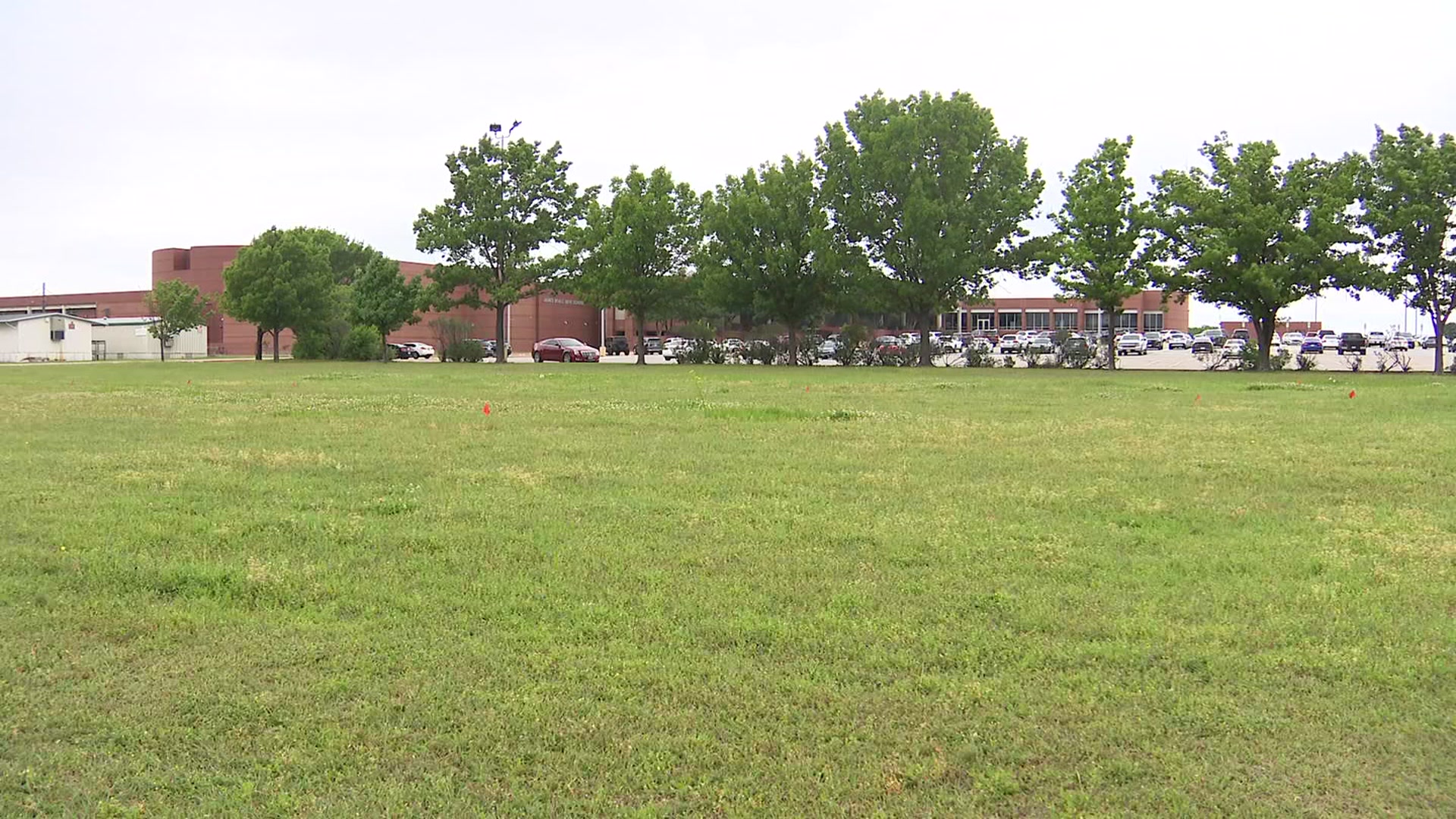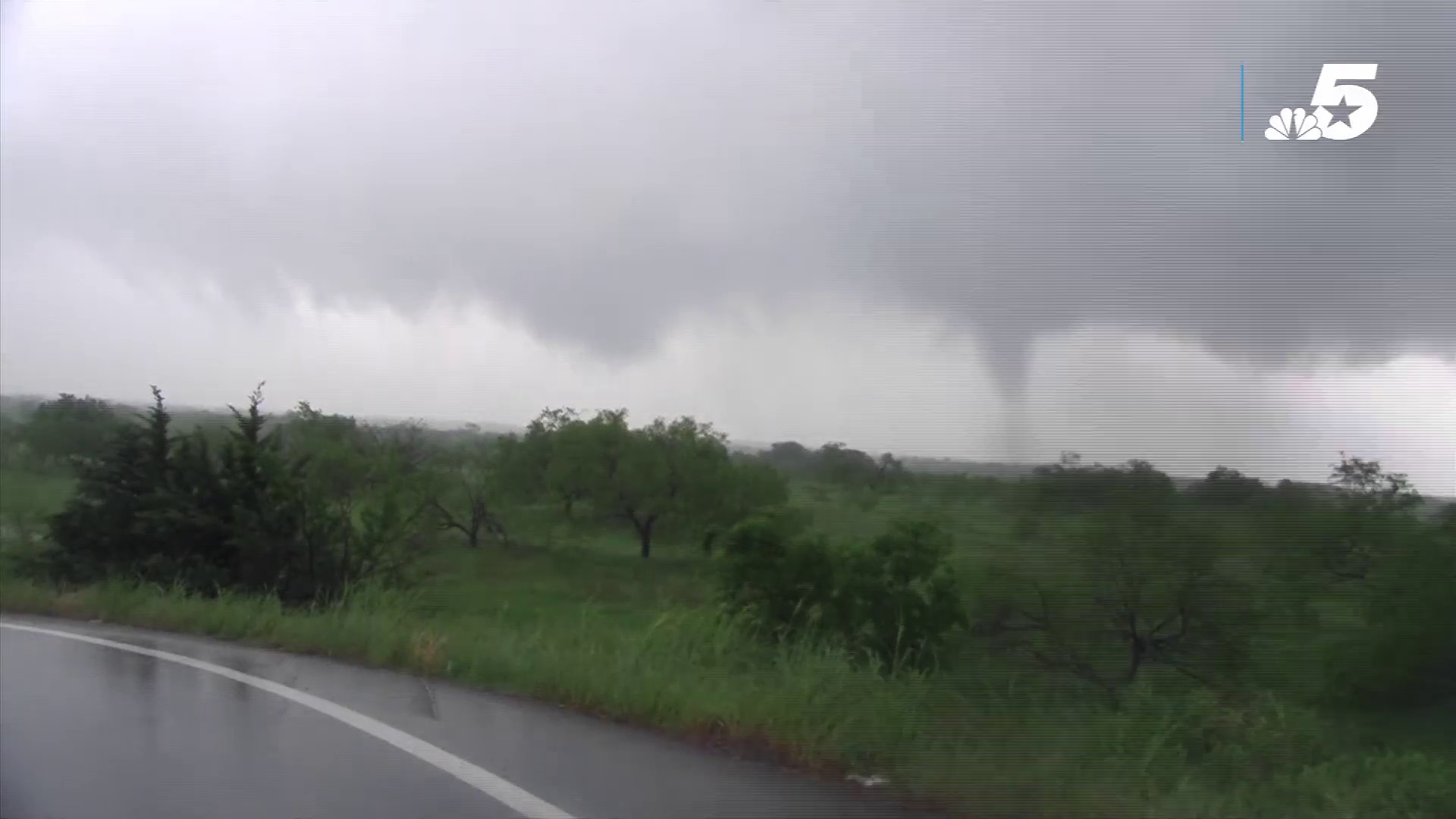A University of Texas at Arlington graduate student recently found a piece of American history that offers more insight on U.S. slavery.
Julie McCown, a doctoral student, discovered one of the earliest poems by Jupiter Hammon, the nation's first African-American writer.
"He is the first black person, period, that we know of to publish in America," said Cedrick May, a UTA professor and expert on African-American literature.
McCown found the poem while researching the writer, who was born into slavery on Long Island in New York in 1711, for May's Electronic Text Design and Web Publishing class.
She was looking for a specific Hammon writing, but kept falling short.
"[Librarians] kept emailing me: 'No, we don't have what you want. We don't have what you want.' And then finally someone said, 'We don't have what you want, but here's this other poem,'" she said.
The poem was buried in documents at the Manuscripts and Archives at Yale University Library in Connecticut.
Local
The latest news from around North Texas.
"For a 200-plus-year-old manuscript, it was in perfect condition," May said. "I took one look at it and I said, 'This looks pretty authentic. It's either a great hoax or this is the real deal.' This is a poem that we've never seen before."
The poem is dated 1786. Hammon's first work was published in 1760.
"It's both really exciting, but then it's also hard to believe. Who am I to happen across this?" McCown said.
"We get to see what he thought, written by his own words in his own hand, and that's a very rare thing," May said.
In the newly discovered poem, Hammon shifts from the ideology he held in previous writings, in which he described slavery as the will of God, to a new line of thinking that says slavery was a manmade evil.
"There's a big difference in the way that he talks about slavery here than how he talks about slavery in other works," said May, who said the shift is "a game-changer" in how Hammon's writing is viewed.
May said such an anti-slavery perspective could have been viewed as too inflammatory at the time.
"I think Jupiter Hammon's masters thought they were going to keep that out of the public eye and they put [the poem] away," he said.
After time, the poem was likely misplaced and overlooked, he said. But fortunately and, most importantly, it was not destroyed.
Hammon said it gives him hope for future discoveries.
"We know there's more," he said. "We know that Jupiter Hammon has at least one other lost poem that's out there, and there's a lot more out there by other African-Americans. I think it's really important to get that perspective on our history."



